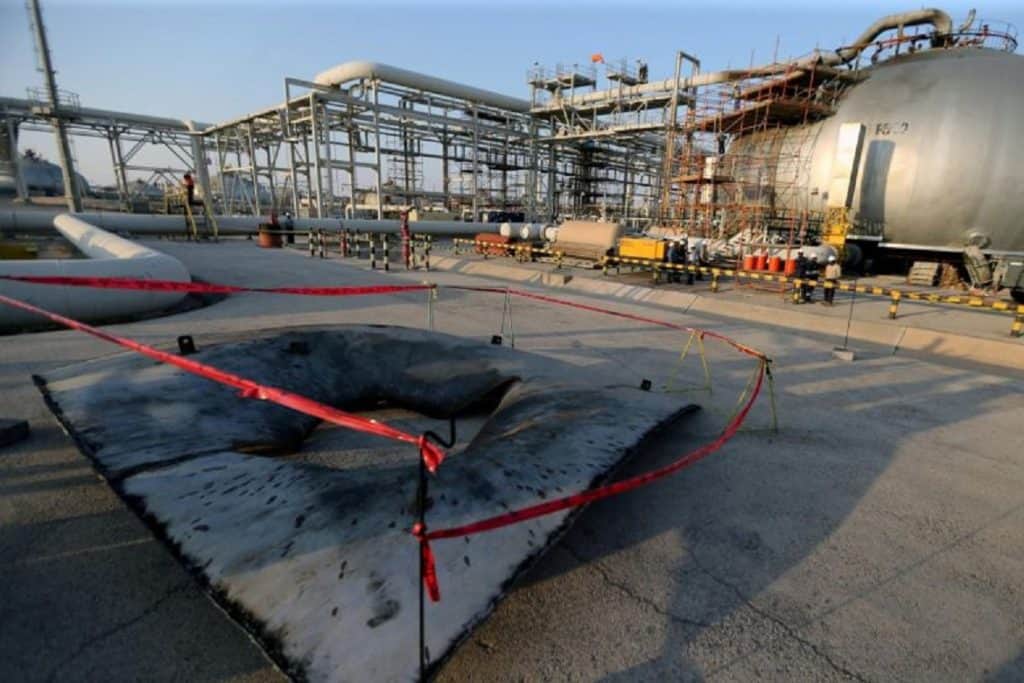By Denis Korkodinov
The attacks of September 2019 on Saudi oil facilities still have an impact on the Middle East. As a result of these attacks, Riyadh and Tehran began to look for an opportunity to ease tensions between countries. At the same time, the United States, apparently, has almost completely lost control of the region.
We can say that the presented processes began long before the attacks on the Saudi Aramco facilities. However, it was this attack that gave an additional impetus to the parties to the old conflicts to reconsider their views in relation to each other and make adjustments to their escalation policies.
For the first time, Pakistan began to play a prominent mediation role between Saudi Arabia and Iran.
The head of the Pakistani government, Imran Khan, recently in Tehran, called on the two warring parties to peace, stressing that the Iran-Saudi conflict will create conditions for instability in the region, which will affect all participants in international relations, including Islamabad.
Apparently, Riyadh and Iran are really ready to establish a constructive dialogue with each other. Nevertheless, there are a number of problems that create obstacles to the positive interaction of countries. One of these problems is Yemen, in relation to which the Saudis and the Ayatollah regime occupy diametrically opposite positions.
However, significant shifts were outlined in this direction. At least, a stable communication channel has been established between the Ansar Allah movement and Riyadh, which allows the parties to resolve many controversial issues through negotiations, rather than on the battlefield.
Riyadh initially did not show much interest in participating in the Yemeni conflict. The Saudis expected that their military presence in Yemen would not last more than 3 months. Meanwhile, the war has been going on for about 5 years, which was clearly not part of the plans of Saudi Arabia.
Ultimately, under pressure from external factors and in order to save resources, Riyadh may withdraw from Yemen, which will lead to an end to the war with the Hussites. In turn, stability in Yemen will limit Israel’s influence on the region and allow Iran to significantly strengthen its position. If this happens, the United States will no longer have allies in the Middle East, and therefore they will find themselves on the regional map in a rogue position, which Russia will certainly benefit from.
(The opinions expressed in this article are solely those of the author and do not necessarily reflect the views of World Geostrategic Insights)







